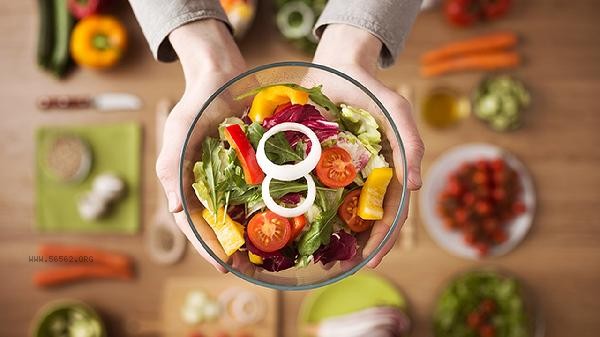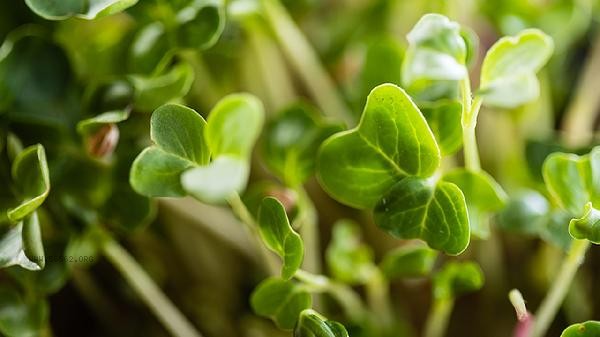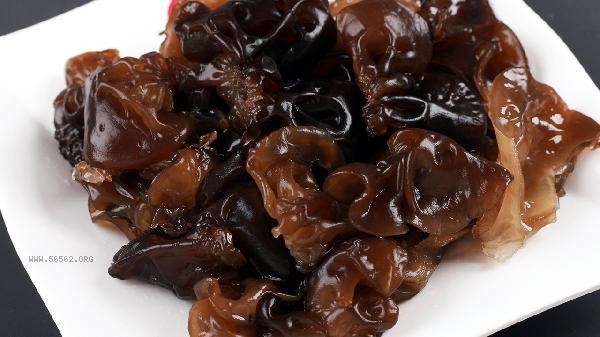Fresh vegetables can be frozen for storage, but some vegetables may lose their taste after being frozen. Vegetables suitable for freezing mainly include peas, corn kernels, broccoli, carrots, spinach, etc., while vegetables with high moisture content such as cucumbers and lettuce are not recommended to be frozen. Cryopreservation can effectively extend the shelf life of vegetables, especially suitable for storing seasonal surplus ingredients. The cell structure of legume vegetables such as peas and corn kernels is less damaged after freezing, but can still maintain good shape after thawing, which is suitable for Fried Rice or stew. Root vegetables such as broccoli and carrots need to be blanched before freezing. High temperature treatment can inactivate oxidase and prevent nutrient loss during the freezing process. Spinach and other leafy vegetables should be dehydrated before freezing, divided into small portions and sealed. When used, they can be cooked directly without thawing, which can maximize the retention of chlorophyll and vitamins. Vegetables such as cucumbers and tomatoes with a moisture content exceeding 90% will experience severe dehydration after freezing, and the cell walls will rupture during thawing, resulting in a soft and rotten texture. Lettuce and other tender leafy vegetables will lose their crisp and tender taste after freezing, and the leaves will turn brown and produce an unpleasant odor. This type of vegetable is more suitable for short-term refrigeration storage or making pickled vegetables. Some vegetables, such as green peppers, may lose their crispness after being frozen and are only suitable for making soup or filling.

It is recommended to package vegetables according to their consumption needs before freezing to avoid repeated thawing. When sealing, try to exhaust the air inside the bag as much as possible to reduce the physical damage of ice crystals to vegetable cells. The nutritional value of frozen vegetables is similar to that of fresh vegetables, but some water-soluble nutrients such as vitamin C may be lost. Frozen vegetables can be paired with fresh vegetables in daily diet to ensure nutritional balance and reduce waste. If frozen vegetables show discoloration, clumping, or odor, they should be immediately discarded and no longer consumed.











Comments (0)
Leave a Comment
No comments yet
Be the first to share your thoughts!